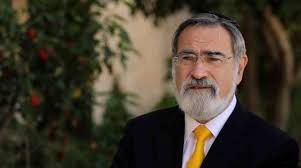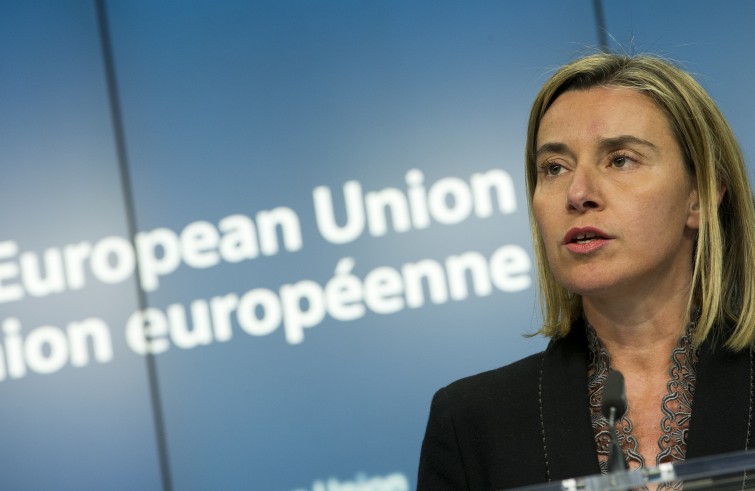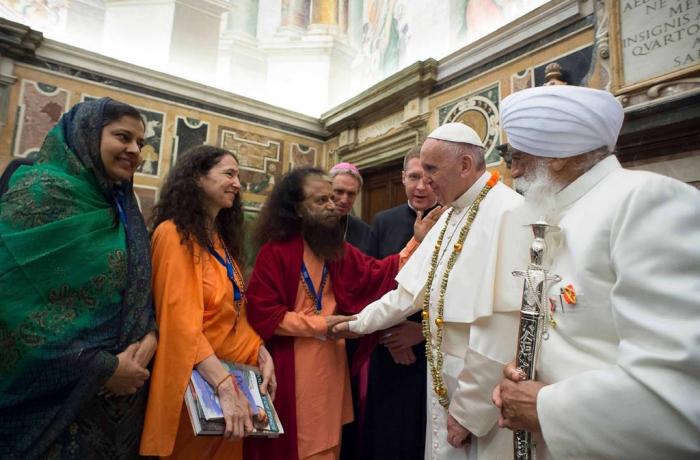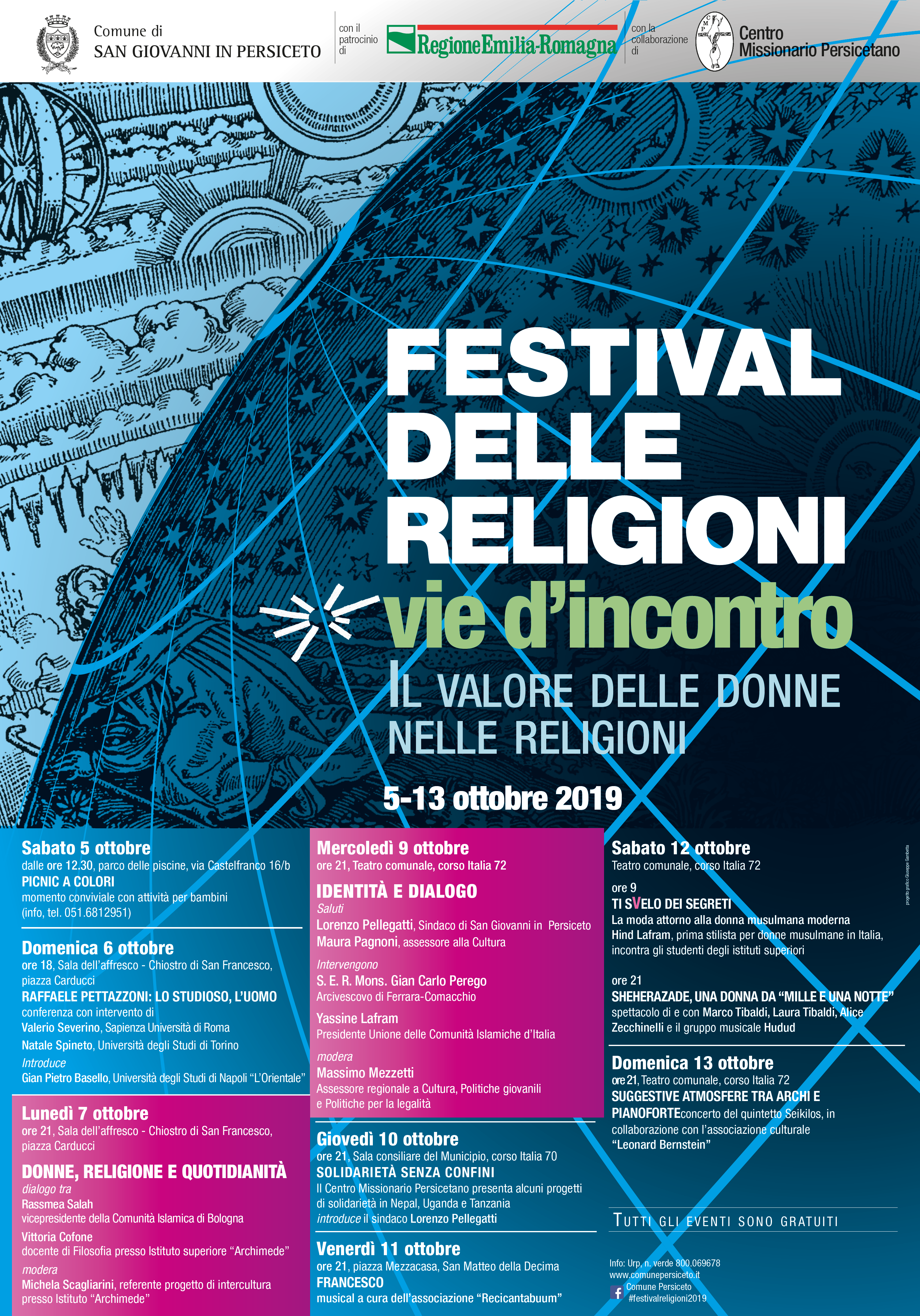“Kippur nel segno della consapevolezza”
Dieci concetti chiave per il periodo di festività e ricorrenze che si è aperto con Rosh Hashanah, vivrà nelle prossime ore il momento più alto con il solenne digiuno dello Yom Kippur e si concluderà con Sukkot. A proporli è rav Jonathan Sacks, ex rabbino capo d’Inghilterra e del Commonwealth e tra le voci più autorevoli dell’ebraismo mondiale.









